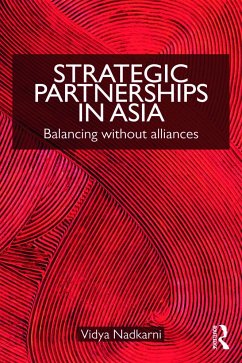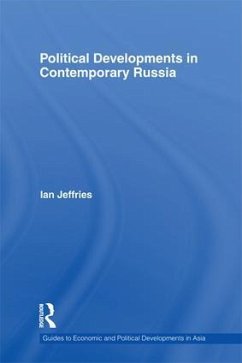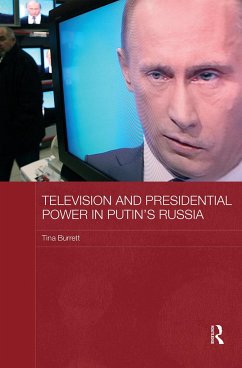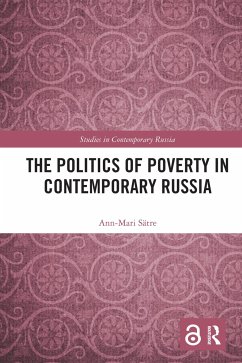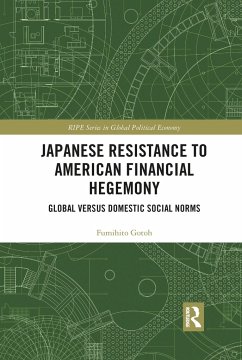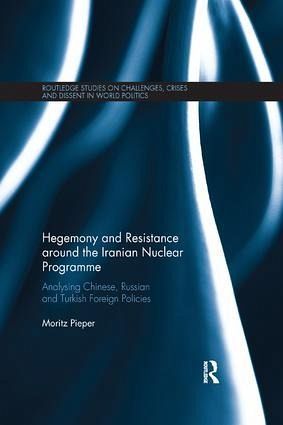
Hegemony and Resistance around the Iranian Nuclear Programme
Analysing Chinese, Russian and Turkish Foreign Policies
Versandkostenfrei!
Versandfertig in 1-2 Wochen
59,99 €
inkl. MwSt.
Weitere Ausgaben:

PAYBACK Punkte
30 °P sammeln!
The Iranian nuclear crisis is a proxy arena for competing visions about the functioning of international relations. This book is the first to provide comprehensive and comparative analyses to conceptualise the interaction between 'hegemonic structures' and those actors resisting them using the Iranian nuclear case as an illustration. It analyses the foreign policies of China, Russia and Turkey towards the Iranian nuclear programme and thereby answers the question to what extent these policies are indicative of a security culture that resists hegemony. Based on 70 elite interviews with experts ...
The Iranian nuclear crisis is a proxy arena for competing visions about the functioning of international relations. This book is the first to provide comprehensive and comparative analyses to conceptualise the interaction between 'hegemonic structures' and those actors resisting them using the Iranian nuclear case as an illustration. It analyses the foreign policies of China, Russia and Turkey towards the Iranian nuclear programme and thereby answers the question to what extent these policies are indicative of a security culture that resists hegemony. Based on 70 elite interviews with experts and decision-makers closely involved with the Iranian nuclear file, it analyses resistance to hegemony across its ideational, material and institutional framework conditions. The cases examined show how 'compliance' on the part of China, Russia and Turkey with parts of US approaches to the Iranian nuclear conflict has been selective, and how US policy preferences in the Iran dossier have been resisted on other occasions. As such, the Iran nuclear case serves as an illustration to shed light on the contemporaneous interaction of the forces of consent and coercion in international politics. This book will be of key interest to scholars, students and practitioners in International Relations, Security Studies and Foreign Policy Analysis.





